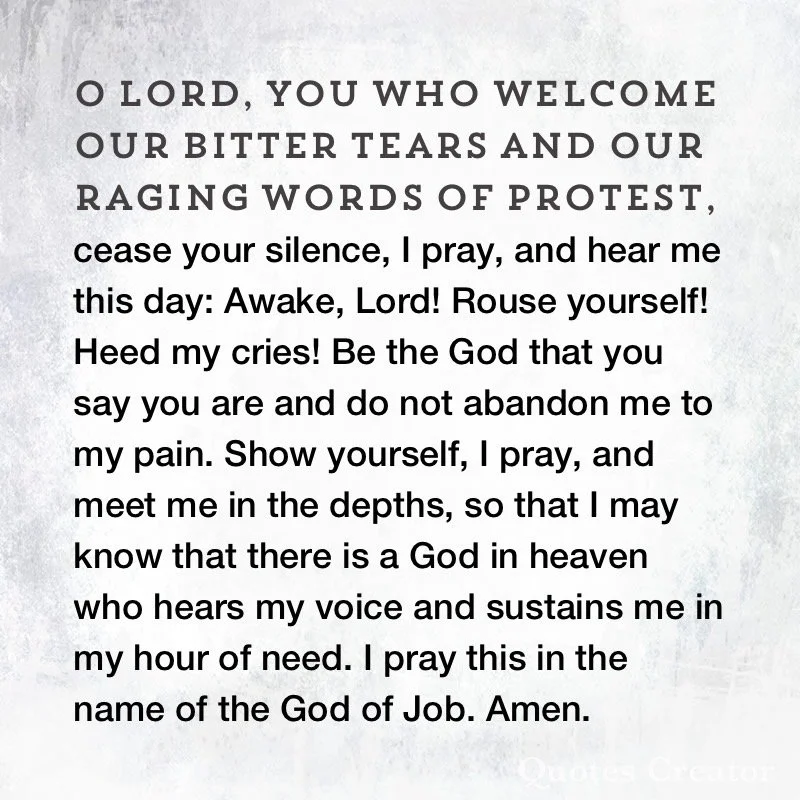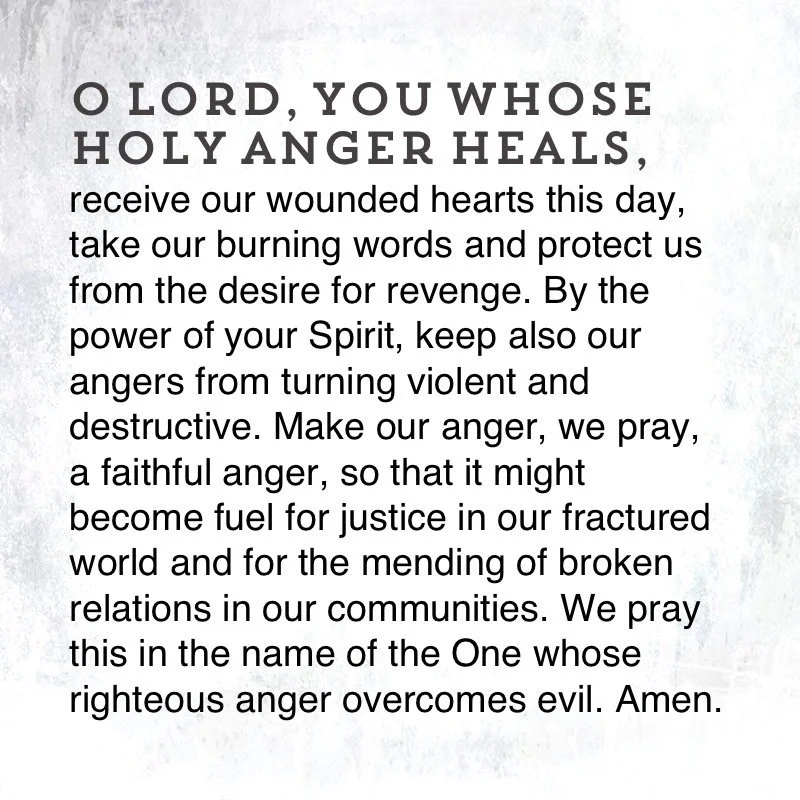A Prayer for Being Mad at God
Léon Bonnat, "Job" (1880) oil on canvas
What do we do with our anger at God? Is it okay to be mad at God?
The Episcopal deacon, Ian Punnett, wrote a book a few years back with the title, “How to Pray When You’re Pissed at God: Or Anyone Else for that Matter.” It’s a pretty good title, I think; or at least it’s the kind of title that would find itself at home within the community of psalmists.
What exactly do we do with our experiences of anger at God? Suppress them? Deny them? Indulge them? Theologically reroute them because we fear that we have disrespected God in presumptuous fashion?
And how do we keep from losing our head, or our faith, when we feel deeply hurt by God?
Not surprisingly, the Bible has plenty to say about these questions, even if most of us have never heard a single sermon about it in our lives. What it says, however, is rarely straightforward. But we're also wrong to ignore them, as the psalmists would repeatedly remind us, as I write in my book, Open and Unafraid: The Psalms as a Guide to Life.
Such angers belong to our personal and corporate practices of prayer, I suggest, because our angers are never safe when they’re simply bottled up in our hearts, as the Croatian-born theologian Miroslav Volf has himself argued. They’re safe only when they’re offered up to the God who not only can handle our angers, but also welcomes our angers at him.
God is neither surprised nor offended by them, especially when they are offered to him by a sincerely grieving and confused heart.
Devotionals and liturgies that are devoid of “holy angry” language, like the kind we find in the psalms, leave us vulnerable to practices of prayer that are incapable of dealing with the experience of the gut-wrenching, heart-crushing, faith-disorienting feeling that we have been abandoned by God.
If such experiences, however, are treated as normal in the Wisdom Literature, such as Job and the Psalms, and offered to readers in order to give voice to their own angers at God rather than to be shut and shouted down, resulting in the corrosion of faith, then we ought to do the same for each other.
That’s what I’ve tried to do in these two prayers: one for “Being Mad at God” and the other for “Entrusting Our Angers to God.” I don’t pretend that they’ve said everything that can and should be said, but hopefully they get close enough.
I should also say, finally, that the most crucial aspect to all such prayers in the Bible is that they assume that such prayers can be prayed best only within the context of community. A community that is willing to bear with and to bear witness to such heart prayers is everything. It is the only way that such prayers have a chance to heal our hearts, to repair our friendship with God, and to strengthen our life our prayer.
If you find yourself in need of such prayers, my sincerest prayer is that God would grant you the gift of such a community.
A PRAYER FOR BEING MAD AT GOD:
A PRAYER FOR ENTRUSTING OUR ANGERS TO GOD:


